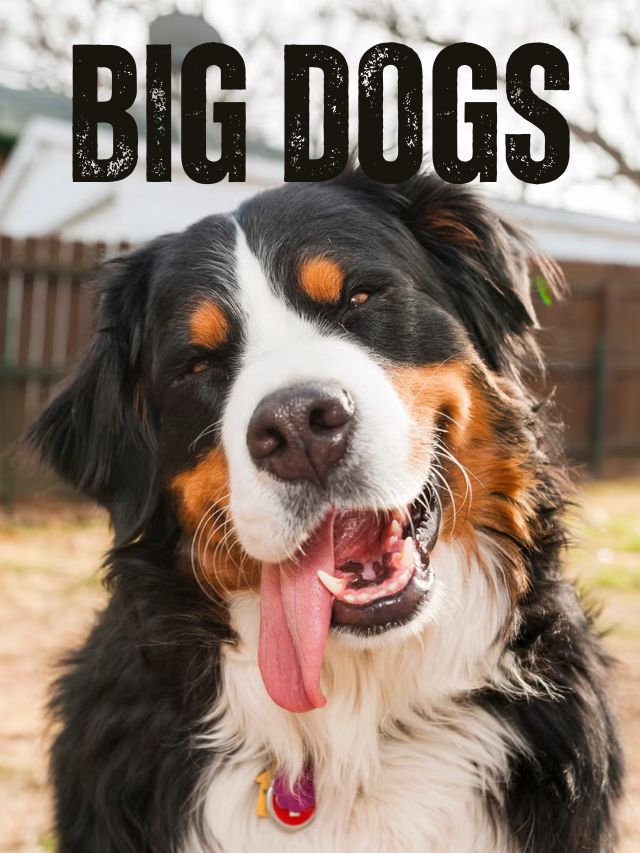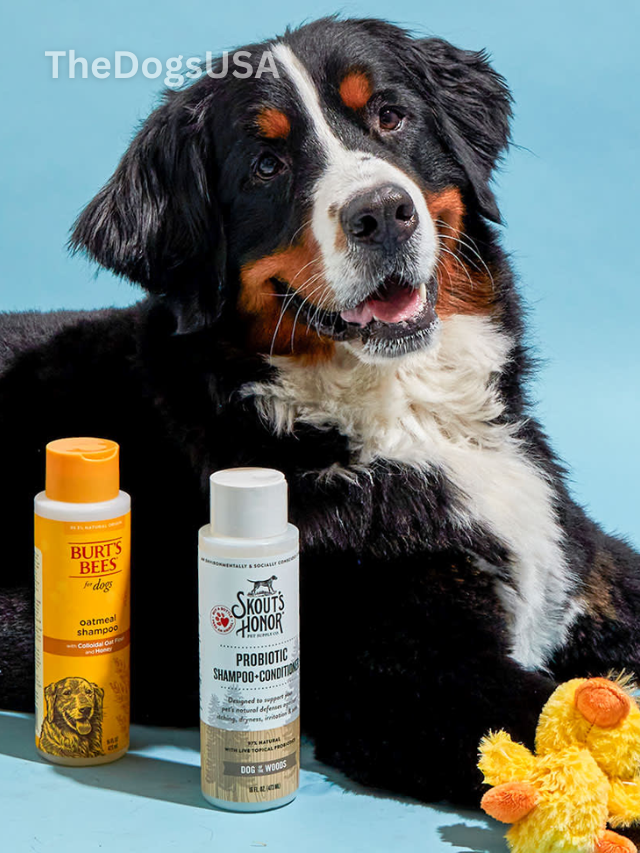Hearken me a secret.
When I got my first Labrador Retriever puppies home, I was sobbing on the floor of the kitchen.
Not that I was afraid (at least not very much). However, the instant I looked into these warm loving eyes, I could feel that my life would never be the same again.
It can be likened to falling in love the first time as raising a Labrador Retriever puppy is kind of a love affair. It’s messy. It’s loud. It is replete with masticated footwear, impromptu smooches and instances that will fill your heart to the brim as your chest bursts.
And, whether you have ever so fondly hoped to bring a Lab pup into your life, or perhaps because you already live with one, I am here to usher you through this dreamy world of puppy parenthood with candor, affability, and a modicum of puppy breath fairy dust.
Why Labrador Retriever Puppies Are So Special?
Can you imagine that little Lab waddling across the floor with all the pizzazz and falling down on his/her own paws, then stumbles with a nod of the head as though he/she said, Yep, I did that on purpose.
Labrador Retriever puppies are something ridiculously loveable. They are literally the sunshine in fur-suit form–their tails never stop wagging and their hearts never stop smiling.
The best thing? They do not even become great dogs when they are growing up. They mature and become your shadow, your therapy in the laugh, your reason to smile after a heavy day.
Choosing the Right Labrador Retriever Puppy (aka Picking Your Future Soulmate)
When I first met my boy, Max, he didn’t bark or bounce around. He just stared at me with those big brown eyes and placed one paw on my knee—like he was saying, “You’re my human now.”
You’ll feel it too. That click. That moment when you know.
But before you choose your future best friend, here’s what you should know:
Avoid puppy mills. Always. No exceptions. Go for trusted breeders or adoption centers that care deeply about health, temperament, and love.
Ask to meet the parents. Not to judge—just to see if the apple falls near the tree.
Health check everything. Labs are generally sturdy dogs, but responsible breeders will show you health clearances for things like hips, eyes, and heart.
Remember, you’re not just picking a puppy—you’re choosing a 10–14 year commitment. Choose with love.
Growing Up Lab: The Puppy Stages (and the Wild Emotions That Come With Them)
Raising Labrador Retriever puppies is not for the faint of heart—but oh, baby, is it worth every second.
Here’s what to expect emotionally (and physically) at every stage:
🐾 8–12 Weeks: The “Tiny Tornado” Phase
You’ll be sleep-deprived and covered in puppy kisses.
Potty accidents will feel personal (they’re not).
They’ll cry in their crate and you’ll cry in the hallway.
Anna’s Tip: You’re doing better than you think. Breathe. Laugh. Wipe up the pee.
🐾 3–6 Months: The “Zoomies and Biting” Phase
They’ll chew on everything—hands, shoes, furniture.
You’ll wonder if your puppy is secretly part alligator.
Anna’s Tip: Chewing is natural. Redirect, don’t punish. Frozen carrots saved my sanity.
🐾 6–12 Months: The “Teenager with Fur” Phase
Rebellious. Selective hearing. Energy for days.
But those cuddles? Chef’s kiss.
Anna’s Tip: Stay consistent with training. Labs test boundaries, but they crave your approval.
Feeding a Labrador Puppy: Love Starts in the Bowl
Here’s something I didn’t expect—Labrador Retriever puppies are bottomless pits. They’ll eat like they’ve been starved for weeks… even five minutes after dinner.
But don’t give in to the sad eyes. Labs are prone to obesity, and chubby pups grow into overweight adults with health issues.
Feed your little love:
High-quality, large breed puppy food (think Blue Buffalo, Hill’s Science, or Purina Pro Plan)
2–3 small meals a day based on vet-recommended portions
Slow-feeder bowls if your pup gulps food like a vacuum
And always, always reward good behavior with affection before food. Labs crave connection more than calories.
Training a Labrador Retriever Puppy: It’s Not Just About Obedience—It’s About Trust
Training isn’t a power play—it’s a love language.
Labs are wildly intelligent. They’ll learn “sit,” “stay,” and “give me all the snacks” faster than you expect. But here’s what they need most:
Patience
Consistency
Positive reinforcement
Your time and presence
Start early:
Crate training? It gives them a safe place to rest.
- Potty training? Stay calm. Show excitement after every good bathroom break just as though you have received a Nobel Prize.
- Socialization? Expose them to all the sounds, odors and unfamiliar faces you can.
Since a correctly socialized puppy of Labrador Retriever grows into a self-assured, happy dog who is not afraid of vacuum cleaners and delivery men.
Anna’s Note: Max learned “sit” in 20 minutes but took 2 months to learn not to steal my socks. Celebrate the little victories, baby.
Grooming Your Labrador Puppy: Shedding, Baths & Puppy Cologne Kisses
Let’s talk hair.
Labrador Retriever puppies shed more than your ex shed excuses.
But here’s the thing—it’s manageable:
Brush them 2–3 times a week (daily during spring/fall).
Bath every month or when they find a puddle.
Trim nails, clean ears, and brush their teeth regularly (puppy breath doesn’t last forever).
Use grooming time to bond. Sing to them. Rub their belly. Make it about trust, not just hygiene.
Exercise Needs: Because That Lab Energy Doesn’t Burn Itself
If you don’t give your Labrador Retriever puppy a job, they’ll make one.
Usually involving your shoes.
Daily movement isn’t optional. It’s a must.
Short walks (appropriate for age)
Puzzle toys and training games
Fetch in the backyard
Swims (Labs love water!)
Anna’s Tip: A tired puppy is a happy puppy. And a happy puppy makes for one peaceful household.
Health & Vet Care: Keeping That Tail Wagging for Life
Here’s where love gets proactive.
Your Lab pup will need:
Core vaccinations (distemper, parvo, rabies)
Deworming
Flea/tick prevention
Microchipping
Regular vet checks
Watch for:
Limping or stiffness (hip/elbow dysplasia)
Cloudy eyes or night blindness (PRA)
Sudden collapse after exercise (EIC)
Catching things early is the key to a long, tail-wagging life.
Also Read: Medium-sized dogs that don’t shed
Labrador Retriever Puppies and Kids: The Kindest Babysitter You’ll Ever Have
If you’ve got little ones at home, guess what? You’ve hit the puppy jackpot.
Labrador Retriever puppies are natural with children. Patient. Protective. Playful. They somehow know when to be gentle—and when to bring out their goofy side.
Still, supervise all interactions and teach your child how to respect the pup’s space.
My niece once dressed Max in a tutu and feather boa. He didn’t flinch. He just wagged his tail like, “Anything for you, tiny human.”
The Truth About Loving a Lab Puppy: It’ll Change You Forever
Raising a Labrador Retriever puppy will test your patience, mess up your carpets, and absolutely wreck your sleep schedule.
But it will also teach you:
To laugh at the chaos.
To celebrate muddy paws.
To appreciate the warmth of a dog snuggled up against your leg at 3 AM.
You’ll become someone who talks to their dog like they’re human.
You’ll cry when they master “stay.”
And one day, when you’re standing in the kitchen and your full-grown Labrador gazes at you like you hung the moon—you’ll realize…
This love? It was always worth it.
Final Bark (From One Dog Parent to Another)
If you’ve made it this far, I know one thing about you, baby—you’re someone with a big heart. And that heart? It’s about to get a whole lot fuller.
Bringing home a Labrador Retriever puppy isn’t just a decision. It’s a promise—to nurture, to train, to love with your whole soul.
And in return, you’ll get something truly rare: unconditional loyalty, daily joy, and a best friend who thinks you’re the greatest thing to ever walk the Earth.
Anna’s Final Whisper: You’ve got this. Your Labrador puppy is going to adore you. Now go buy that squeaky toy—and maybe hide your slippers.
Quick FAQs About Labrador Retriever Puppies
Q: Are Labrador Retriever puppies good for first-time dog owners?
Absolutely. With proper guidance and love, they’re one of the best beginner breeds out there.
Q: How long do Labs stay puppies?
Physically, they mature around 12–18 months, but that joyful “puppy spirit”? It sticks around for years.
Q: Can I adopt a Labrador Retriever puppy from a shelter?
Yes! Many shelters have purebred Labs or Lab mixes. Don’t be afraid to fall in love with a rescue pup—you might just rescue yourself in the process.







Pingback: Top 10 Best Dog Breeds for Families - The Dogs USA
Pingback: 15 Fun Facts About Labrador Retrievers That Will Melt Your Heart - The Dogs USA